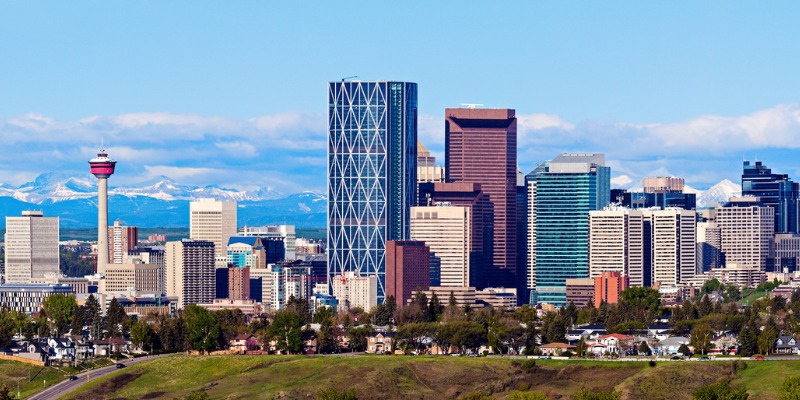Alberta’s historic budget deficit underscores daunting fiscal challenges

The Kenney government Thursday released a fiscal update, which includes a historic $24.2 billion budget deficit, highlighting the significant impact the COVID recession has had on Alberta’s already troubling finances. To address these challenges, the government needs a new plan of action.
Let’s take a closer look at the numbers.
As a share of the economy, Alberta’s net debt (financial assets minus liabilities) will jump from an estimated 12.1 per cent in the February budget to an estimated 22.4 per cent this year due to the weakened economy, projected to shrink by 8.8 per cent (inflation-adjusted) and more new debt to the tune of about $23.3 billion.
Of course, Albertans ultimately pay for government debt, which is quickly growing. Indeed, interest payments on the debt will cost an estimated $2.5 billion in 2020/21—$21 million more than forecast in the February budget. In other words, this year $2.5 billion will be diverted towards financing provincial debt instead of health care, education or tax relief.
Alberta’s whopping $24.2 billion deficit is more than triple the pre-recession forecast ($6.8 billion), reflecting both a decrease in revenues and increase in spending due to low oil prices (non-renewable resource revenue will fall from an estimated $5.1 billion to $1.2 billion in 2020/21) and the recession more broadly.
Specifically, the government now forecasts $38.4 billion in revenues in 2020/21, 30 per cent lower than forecast in the February budget. Government program spending (total spending excluding interest costs) will jump to $60.1 billion, 10 per cent higher than originally forecast (and that includes $3 billion in new spending meant to the help economy through the recession). This figure doesn’t include the $10 billion infrastructure spending in the government’s recovery plan.
Today’s numbers are daunting, but it’s important to remember that Alberta’s fiscal problems started before this recession. Indeed, for more than a decade, successive provincial governments routinely increased spending beyond what was needed to account for inflation and population, ran persistent deficits and accumulated significant debt.
Before the recession hit, the Kenney government charted a plan to balance the budget by 2022/23 by reducing annual spending by an average of 0.2 per cent over four years. This was a relatively mild reduction compared to past reform budgets (in fact, it’s the smallest reduction among any of the 32 reform periods observed across the provinces since 1990).
Unfortunately, Kenney’s plan also relied on optimistic resource-revenue forecasts and a strong economy, which have simply not materialized.
Alberta’s fiscal update shows that the province’s fiscal position has quickly worsened. The Kenney government must make some tough decisions to move towards a balanced budget and slow debt accumulation in the province.
Author:
Subscribe to the Fraser Institute
Get the latest news from the Fraser Institute on the latest research studies, news and events.

